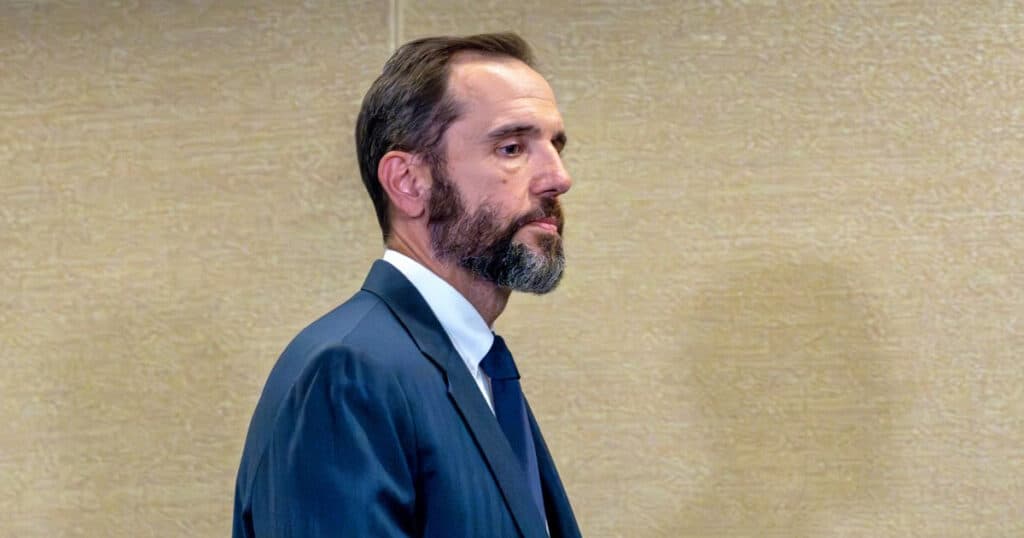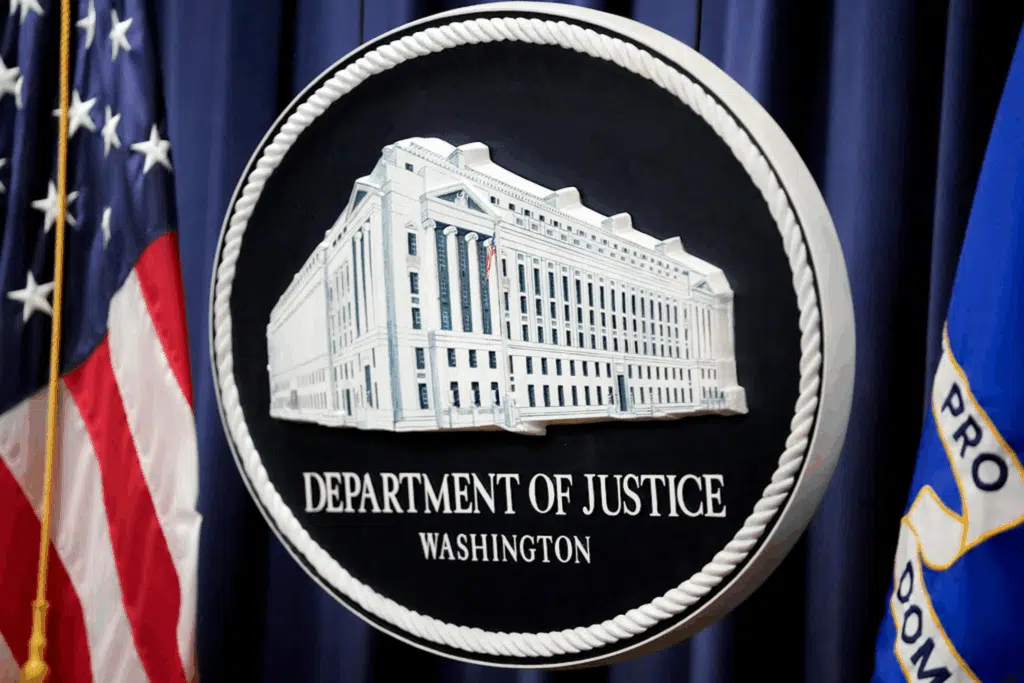
Why Special Counsel Jack Smith Filed a New Trump Indictment
Special counsel Jack Smith has had a busy week.
He filed his brief with the U.S. Court of Appeals for the 11th Circuit asking that court to overturn Judge Aileen Cannon’s dismissal of his indictment in the classified documents case against former President Donald Trump. Cannon dismissed that indictment because she found that Smith had been unconstitutionally appointed to his position and, as a result, did not have the power to bring the indictment at all.
Legal luminaries like former Attorney General Ed Meese and former Attorney General Michael Mukasey, as well as several legal scholars, filed an amicus brief supporting Trump’s argument that Smith was not properly appointed, and she ultimately agreed.
In his Washington, D.C., case against Trump, which was related to Trump’s conduct in the aftermath of the 2020 presidential election, Smith on Tuesday sought and received a superseding (amended) indictment.
Ordinarily, that’s bad news for a defendant. It typically means additional charges have been brought against the defendant—but not so in Trump’s case. There is an old Herman’s Hermits song that contains the line “Second verse, same as the first.” This phrase is an accurate description of the superseding indictment.
The new indictment contains exactly the same charges that the original indictment contained. The only difference is that a 45-page indictment has now been reduced to a 36-page indictment and several of the factual allegations in the original indictment have now been removed to try to comply with the Supreme Court’s recent decision in Trump v. U.S.
There the Supreme Court limited the kinds of evidence that can be introduced in any criminal case against a former president for acts he committed while in office. It said that a president was absolutely immune from prosecution for certain official acts he undertook that fell within his core constitutional authority and that a president was presumptively immune from all other official acts. Moreover, the court held that no evidence stemming from those official acts could be used against him either.
In his majority opinion, Chief Justice John Roberts said that Trump enjoyed absolute immunity from any prosecution stemming from his consultation with Justice Department officials after the 2020 election. And the court also said that Trump enjoyed presumptive immunity from any prosecution related to his conversations with Vice President Mike Pence about whether Pence should certify the results of the election. But because of the “difficult questions” presented by this scenario, the court left the immunity analysis “to the lower courts to perform in the first instance.”
As a result, Smith removed from the indictment factual allegations related to the former, but left intact factual allegations related to the latter and took pains to emphasize that, in his view, Trump acted in his political and personal, rather than official, capacity.
Smith’s amended indictment is simply an attempt to get in front of likely legal arguments by Trump’s legal team asking Judge Tanya Chutkan to dismiss all, or certain, of the Washington charges against him on this basis.
Additionally, in an effort to avoid the allegation that this indictment is somehow tainted by the original indictment, Smith informed Chutkan that the evidence supporting this indictment was presented to an entirely new grand jury.
Chutkan has a status conference currently set for Sept. 5 to discuss issues related to the case, but it’s unclear how this new indictment will impact what’s discussed at that conference.
There’s also the fact that the constitutionality of Smith’s appointment has not been argued or briefed before Chutkan—it has only been ruled on in the Florida classified documents case. If it is briefed, the precedent in the D.C. Circuit is more favorable to Smith, which—depending on what the 11th Circuit decides—could tee up the issue for Supreme Court review.
What is clear, though, is that none of these issues will be finally resolved before the election in November, which makes Smith’s full-speed-ahead approach all the more troubling.



